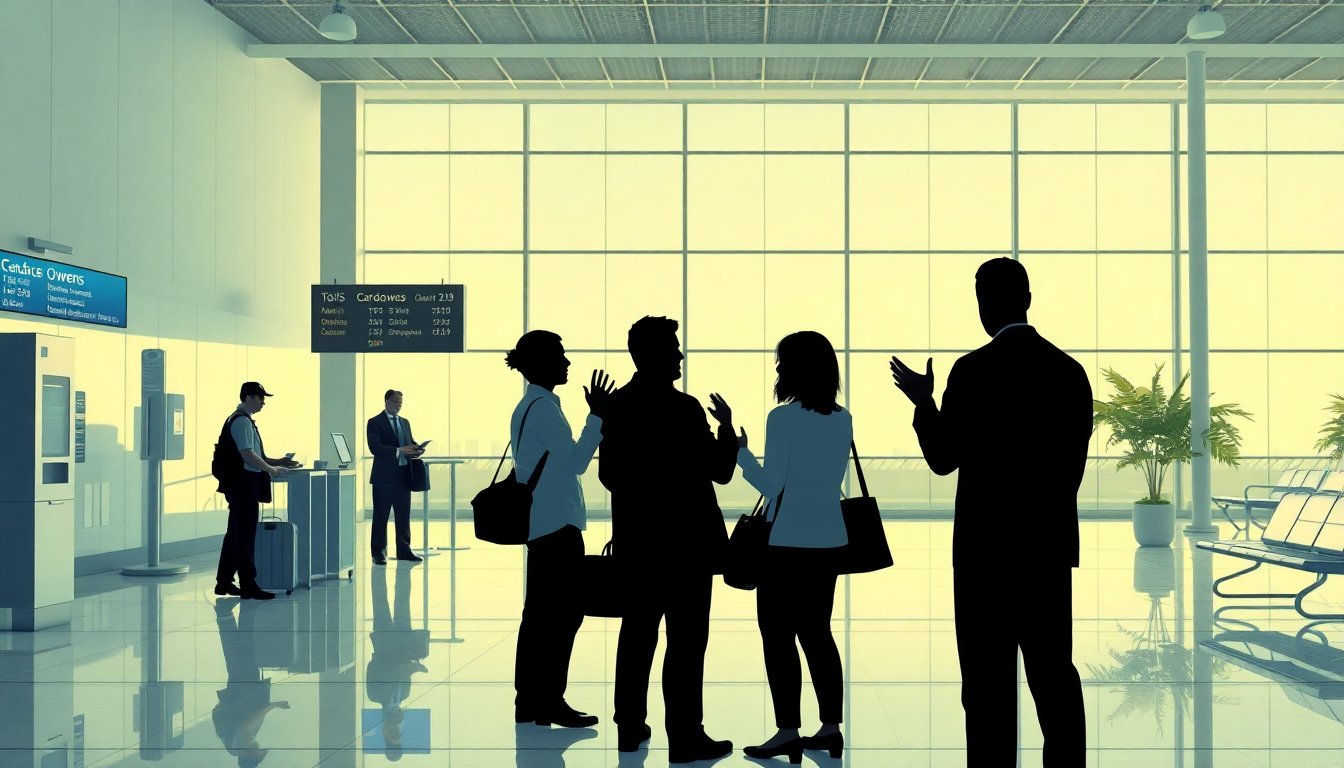Table of Contents
In a significant development regarding international travel and public safety, Candace Owens, a prominent figure in far-right commentary, faced a legal setback when she was denied entry into Australia. This decision was made by the country’s Home Affairs Minister, Tony Burke, who expressed concerns that Owens’ presence might lead to increased tensions within the community.
The refusal to allow Owens into Australia has sparked debates about the implications for freedom of speech versus the need to maintain social harmony. As the global landscape becomes increasingly polarized, this case serves as a reflection of the challenges faced by governments when dealing with controversial public figures.
The evidence
Minister Burke’s denial was rooted in a broader context of potential unrest. He suggested that allowing Owens to enter could result in divisive rhetoric that might incite conflict among various community groups. Critics of her viewpoints assert that her commentary often exacerbates societal divides, leading to a climate of discord. This situation raises the question: how should governments navigate the fine line between protecting public order and upholding individual rights?
The role of free speech in society
At the core of this issue lies the principle of free speech. Advocates for Owens argue that her exclusion represents a troubling trend of silencing dissenting voices. They contend that open discourse, even when it is controversial, is essential for a healthy democracy. In contrast, opponents of Owens’ views maintain that her rhetoric can contribute to an environment that fosters hate and division, thereby justifying government intervention to prevent potential unrest.
Historical context of entry denials
This incident is not the first time Australia has denied entry to individuals deemed a risk to public order. Historically, the government has taken similar actions against various public figures whose ideologies or past statements were seen as harmful to social cohesion. Such measures often provoke public debate regarding the scope of government authority in regulating who can enter the country.
For instance, in previous years, Australia has barred entry to political extremists and individuals linked to hate groups. These decisions highlight a pattern wherein the government prioritizes community safety over unrestricted access for all individuals, regardless of their beliefs or statements.
Implications for international discourse
The refusal of Candace Owens’ entry raises broader questions regarding international discourse and the treatment of controversial figures in the global arena. As nations grapple with the implications of hosting such individuals, they must consider the potential consequences on their own societal stability.
Moreover, the situation prompts reflection on how countries can foster an environment that allows for diverse viewpoints while ensuring that these perspectives do not lead to violence or unrest. The challenge lies in striking a balance that respects individual rights while also safeguarding the community.
Public reaction and future outlook
The public’s reaction to Owens’ denied entry has been mixed, revealing deep divisions in societal perspectives. Supporters of Owens view the decision as an infringement on personal freedoms, while her detractors see it as a necessary action to protect the public from inflammatory rhetoric. This split in public opinion illustrates the broader societal debates surrounding the role of controversial figures in contemporary discourse.
As Australia navigates this complex situation and the implications of denying entry to individuals like Owens, it underscores the importance of ongoing dialogue about the intersection of safety, freedom of expression, and the responsibilities of government. Moving forward, it will be critical for policymakers to carefully consider how to address similar cases while remaining committed to the principles of democracy and public welfare.


